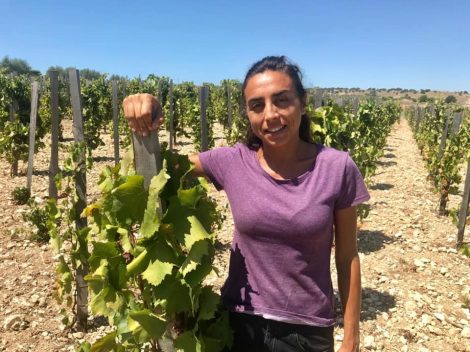by Carlotta Sanviti
"The water is gone, and the wells are dry. There's no certainty for the future, so I'm forced to reduce staff." These are the dramatic words of Mario De Matteo, head of the agricultural company Il Vignale in Orta Nova, Foggia. He describes the emergency his 200-hectare farm, which produces wine, tomatoes, wheat, asparagus, artichokes, and fennel, is facing. Corriere del Mezzogiorno captured his testimony, revealing a crisis pushing the entire Apulian wine and agricultural sector to the brink. But the drought problem doesn't stop at Apulia's borders: throughout Italy, especially in the south, water reserves are at their limits, threatening numerous crops and the entire agri-food sector.
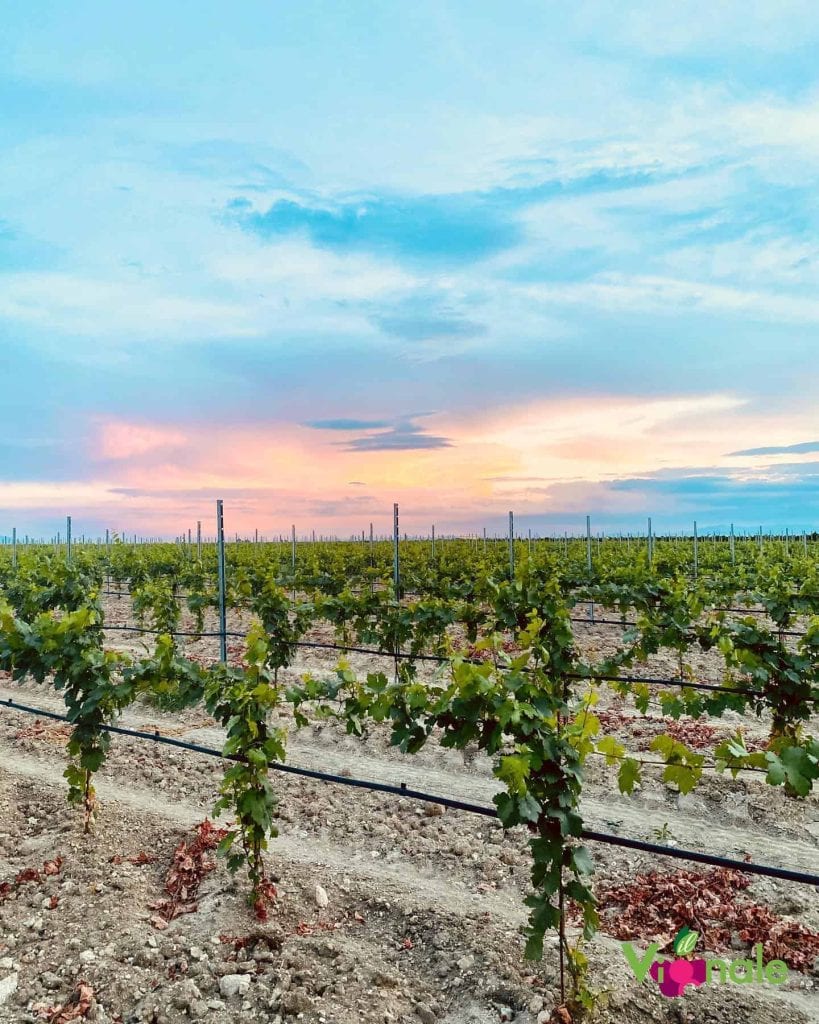
An unprecedented crisis
Mario De Matteo represents the third generation of a family of farmers, a tradition now facing several challenges. "Never seen anything like it," he tells Corriere, explaining how water, always essential for agriculture, has become almost inaccessible. "In a few days, we'll have to shut down because what remains will be reserved for drinking." The situation is worsened by the poor quality of the remaining water, often brackish and unsuitable for irrigation, with wells rapidly drying up. As for immediate solutions, De Matteo responds quickly, "Nothing can be done. The situation is dire."

The consequences of drought
The water crisis has already had a devastating impact: "I think I'll have to reduce the workforce by at least 30%. Volumes are missing." The lack of water is not just an immediate problem; it also undermines producers' future projects. "Investments can't be made without the certainty of water resources," says De Matteo bitterly. This issue extends beyond Apulia to many other Italian regions. The summer of 2024 saw historically low rainfall across much of the country, causing significant drops in wheat, olive, and grape production—key elements of the national agricultural economy. This situation already forced the Sicily region to declare a state of natural disaster last April, due to a crisis in agriculture unseen in over 50 years.
The lack of water not only reduces the effectiveness of many agricultural practices but also compromises the soil's ability to absorb and retain moisture, making it more impermeable. This problem, exacerbated by periods of high transpiration due to high temperatures, increases the hydrogeological risk as rainwater runs off the surface without infiltrating the soil.
Comparison with the past and lack of solutions
Despite modern irrigation systems, such as drip irrigation and soil moisture sensors, the lack of rain and the lowering of groundwater levels nullify technological efforts: "It doesn't help if we consider the continually adding problems: climate change effects, EU regulations, and the market recognizing a low selling price," De Matteo replies. The so-called "capitanata," the vast agricultural area covering much of the Foggia province, is at risk of desertification. Reservoirs are drying up, and as De Matteo explains, even the project to transfer excess water from Molise to Apulia—the "tubone"—remains stalled by "political unwillingness between the two regions." When asked by the journalist, "Yet some say producers are not innovating. Have you invested in irrigation?" De Matteo counters promptly: "In Foggia province, agricultural companies use water efficiently. We have double-pipe drip irrigation systems, control units that optimize distribution, and soil moisture sensors. The raw material, water, is missing because we're living off 40-year-old investments."
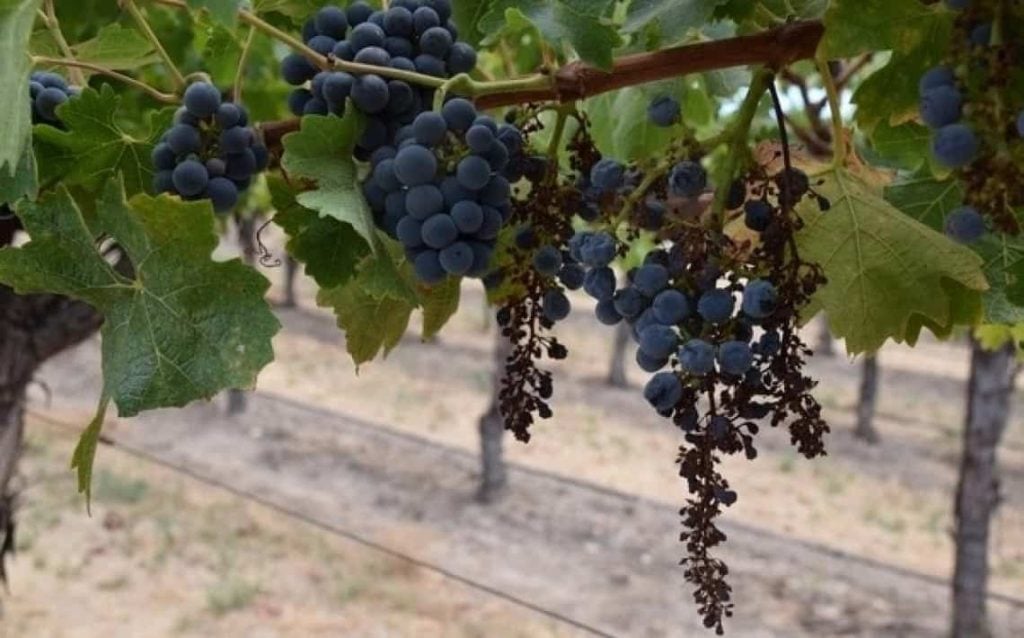
As the situation worsens, with no significant rain in sight, the only solution seems to be a drastic reduction in crops and staff. "If it continues like this, without rain, the use of existing resources will need to be planned. We're facing a disaster in the making," says De Matteo. The crisis is clear: wheat harvests are down, oil production is estimated to drop by 50-60%, and without sufficient water resources, Apulian agriculture risks collapse. Agricultural associations, including Cia Agricoltori Italiani, Coldiretti, and Confagricoltura, are urgently calling for the construction of new reservoirs, irrigation infrastructure, and measures for saving and reusing wastewater. They are joining much of southern Italy in facing this emergency, seeking recognition of the state of natural disaster.

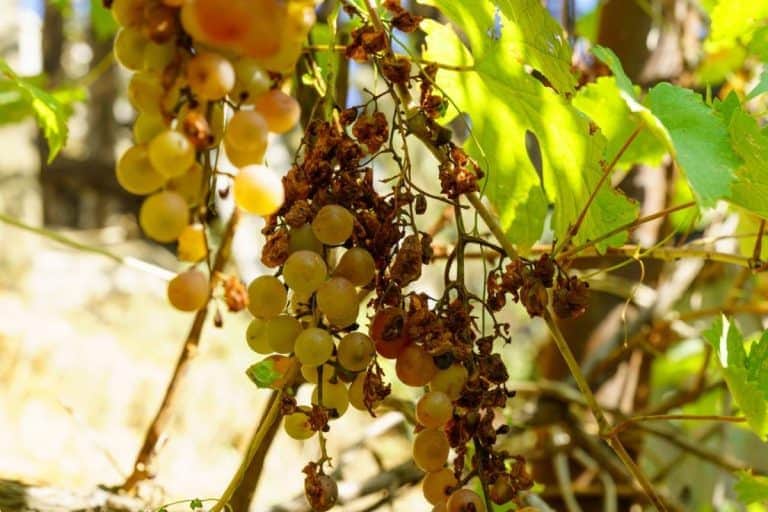
 The top patisserie just steps from the Pompeii ruins where you can enjoy exceptional pastiere and croissants
The top patisserie just steps from the Pompeii ruins where you can enjoy exceptional pastiere and croissants Tariffs? “The wine market will be dominated only by big groups.” Eric Asimov of the New York Times speaks out
Tariffs? “The wine market will be dominated only by big groups.” Eric Asimov of the New York Times speaks out Tre Bicchieri meets Wine Paris
Tre Bicchieri meets Wine Paris Fewer bottles, more by-the-glass: how to build the wine list of the future
Fewer bottles, more by-the-glass: how to build the wine list of the future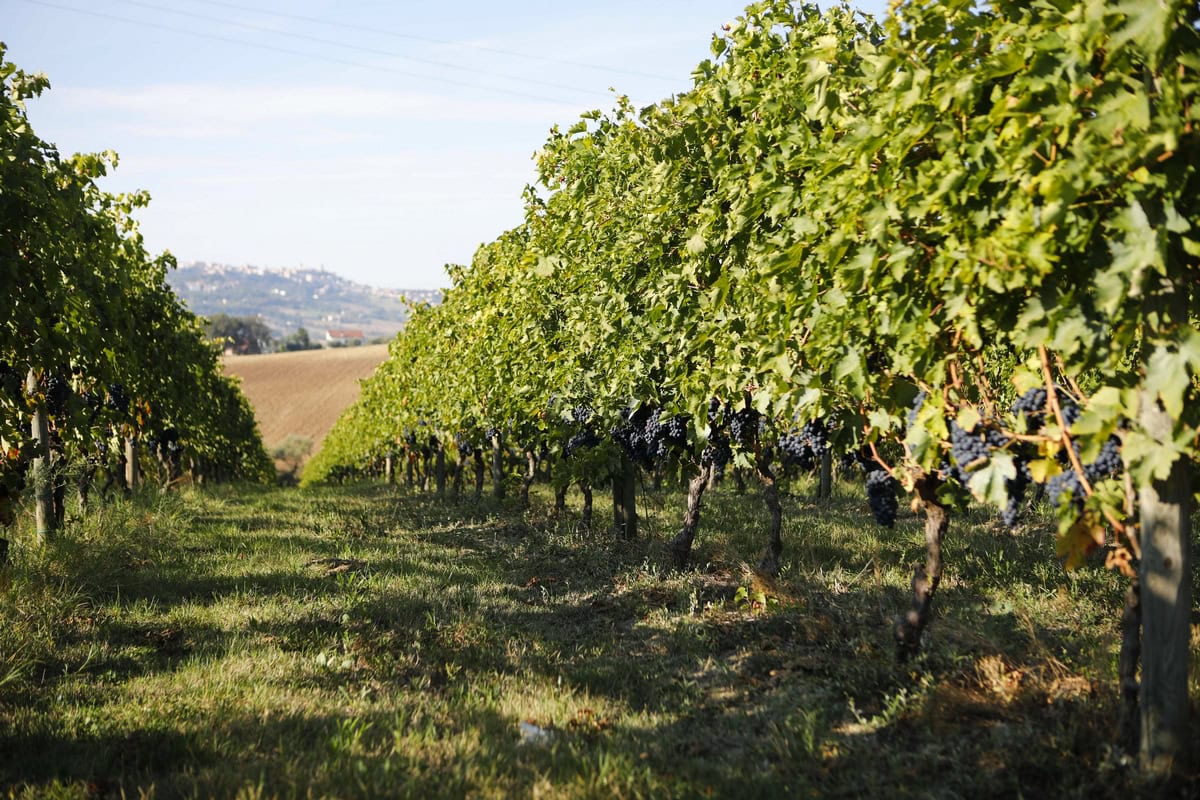 The Moncaro collapse impacts Marche wines. But average price rises
The Moncaro collapse impacts Marche wines. But average price rises





